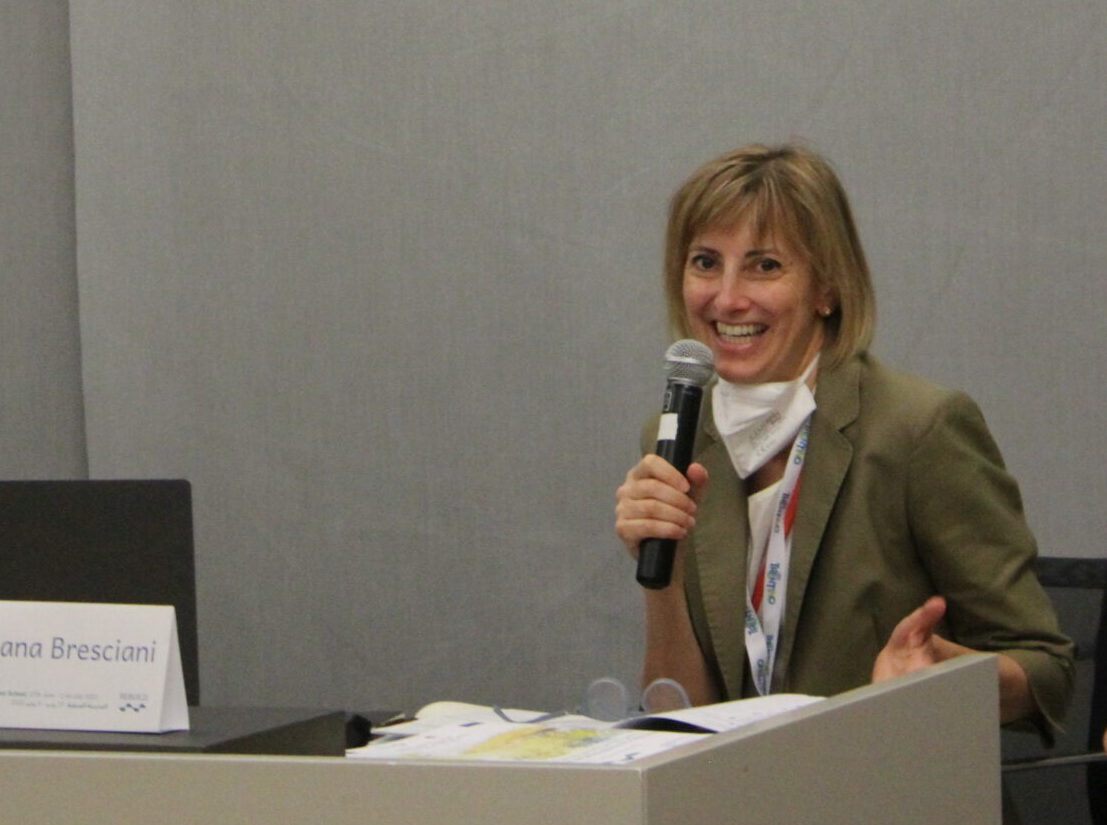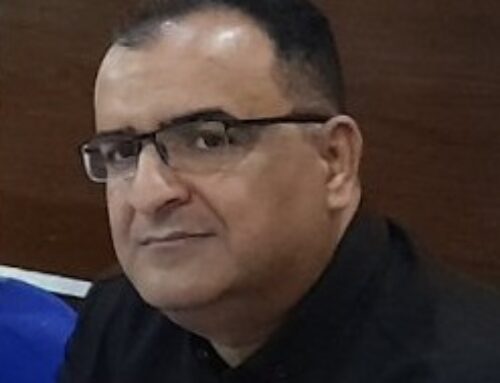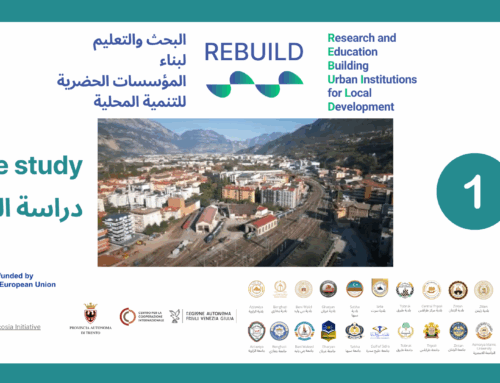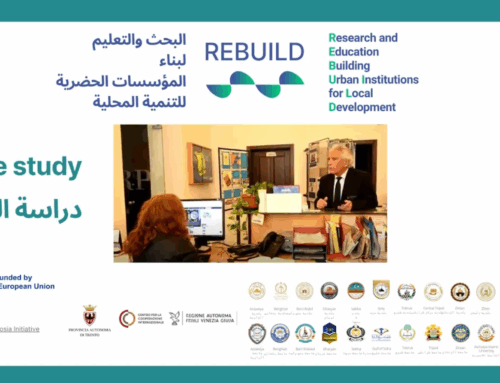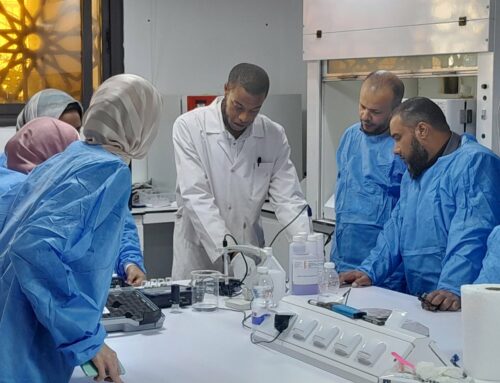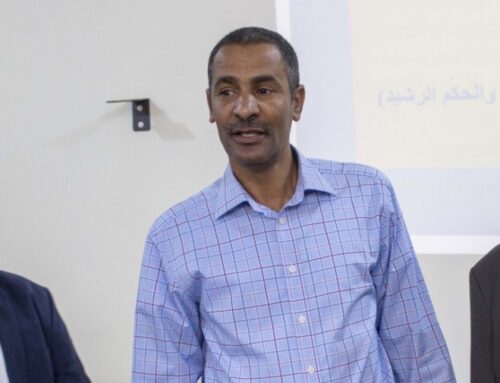Dear friends,
my message is directed primarily to the people who are contributing with commitment, competence and passion to the pursuit of the objectives of REBUILD, now halfway through its implementation.
I am happy to finally be able to give a positive message on the continuation of activities, linked to the success of financial transfers from Italy to Libya. I stress that in the face of the serious impediments that the missed payments have caused, there has been great unease and a sense of helplessness also on the part of the Trento Project Management Unit, which on a daily basis has done its utmost to find different solutions.
The first two years of project implementation were characterized by unexpected administrative and financial obstacles that slowed down the activities, consumed energy, and also risked eroding part of the initial enthusiasm and – worse – undermining the relationship of trust that binds the people.
As I recently participated in March 2023 in Brussels in the annual Global meeting of the European Commission program that funded REBUILD, together with the representatives of the 57 decentralised cooperation partnerships, I was able to compare successes and difficulties related to the implementation of projects and above all reflect on the meaning of our interventions: in particular on the role of partnerships between local authorities.
Local authorities partnerships are based on different levels of “aspirations”. These can range from the provision of aid in the form of short-term projects to the promotion of a more solid and lasting collaboration between multiple subjects with the aim of triggering territorial dynamics and changes in local governance.
In this second scenario the local authorities involved do not consider the projects as “an end in itself”, but as a “means” and a “catalyst” to stimulate wider processes of change in a long-term perspective.
In this second category of projects, the logic of aid (and the relative transfer of resources) is not a fundamental issue. The main issue is building a partnership based on shared interests and reciprocity, which mobilizes a wide range of actors on both sides.
The aim is not simply to achieve concrete results in terms of development (for example, in terms of the provision of services or infrastructure), but to contribute to the implementation of the strategic plan of the local authority.
In my opinion, the REBUILD partnership goes precisely in this direction: i) it promotes deeper changes in terms of local governance; ii) seeks to improve collaboration with other levels of governance and to influence policy developments; iii) perceives the project not as an intervention in itself, but as an integral part of a wider territorial development strategy and a portfolio of complementary actions.
Time will tell if my interpretation of our REBUILD project is correct. For now we can limit ourselves to observing, for example, that in this period of uncertainty, many partners have given value to the community of practices by deepening with the PMU topics and experiences even not strictly related to the project, so as to transform the difficulty into opportunity for mutual understanding and reinforcement.
I therefore thank the entire REBUILD partnership for demonstrating resilience and a sense of ownership. I hope we will tackle the small and large difficulties that we will encounter in the next two years of the project with open dialogue and constructive attitude.
Happy REBUILD!
T.B.
—
Read the other articles of the third newsletter:

